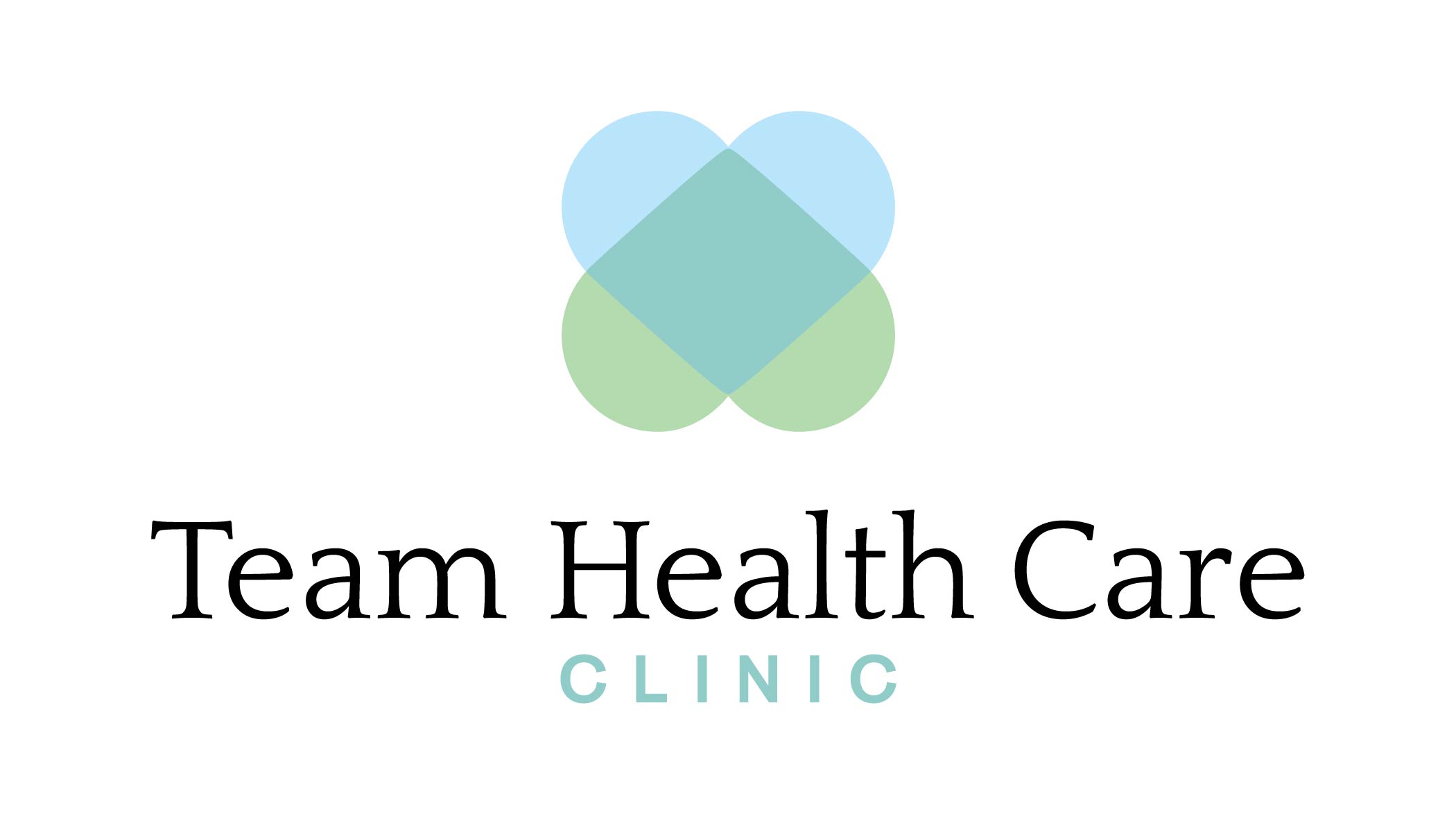Getting nervous or anxious is so common that nearly everyone will experience it at some time in their life. However, when anxiety is so severe or frequent that it begins to interfere with one’s life, it should be evaluated for the cause. Our providers diagnose and treat patients with anxiety regularly. In today’s post, we review some common symptoms and causes of anxiety along with a lesser-known treatment option: neurofeedback.
What is Anxiety?
Anxiety related disorders are the most common mental health disorders in the US, comprising an estimated 40 million adults. The following are a partial list of some of the more common early symptoms:
- A worrisome nature
- Sleeping difficulty
- Irrational Fears
- Self consciousness
- Stomach problems
- Tight muscles
- Rapid breathing/pulse
- Self doubt
Diagnosing Anxiety
There are many helpful questionnaires that can assist one in determining if they have anxiety. Whenever possible, I like to use a test called Qualitative Electroencephalography (QEEG) to help me identify anxiety in my patients. QEEG is a painless, non-invasive test that measures the electrical activity in the brain at 19 locations. Much like an EKG for the heart, abnormal patterns can be identified. The QEEG pattern most associated with anxiety is too much beta wave in the right hemisphere of the brain.
Common Causes
It is critical that one understands that anxiety is simply a description of a mood or feeling. The first thing one should think when they are told they have anxiety is “but why?” Besides an imbalance in the electrical activity of the brain (QEEG) some of the common underlying causes include:
- Thyroid disorders
- Sugar imbalances
- Heart disease
- Stressful lifestyle
- Lung disorders
- Food sensitivities
- Digestive problems
- Traumatic events
- Inherited tendencies
Treatment Options
Whenever possible, I assist the patient by correcting the possible above underlying causes. In many cases, this involves retraining the brain imbalance with neurofeedback if the QEEG is abnormal. I have found neurofeedback to be highly effective for most types of anxiety. It is a noninvasive treatment option with no concerns for side effects that are often seen with traditional approaches to treatment involving medications. My treatment plan may also include lab testing, nutritional supplements, herbal remedies, dietary modifications, and other approaches. I make referrals to mental health professionals as appropriate. I prescribe medications as a last resort.
If you or someone you know may have anxiety, schedule an appointment. My team will provide our “anxiety relief” consultation at no charge to see if you are a candidate for our program.

Tiffany Watson, CNP
